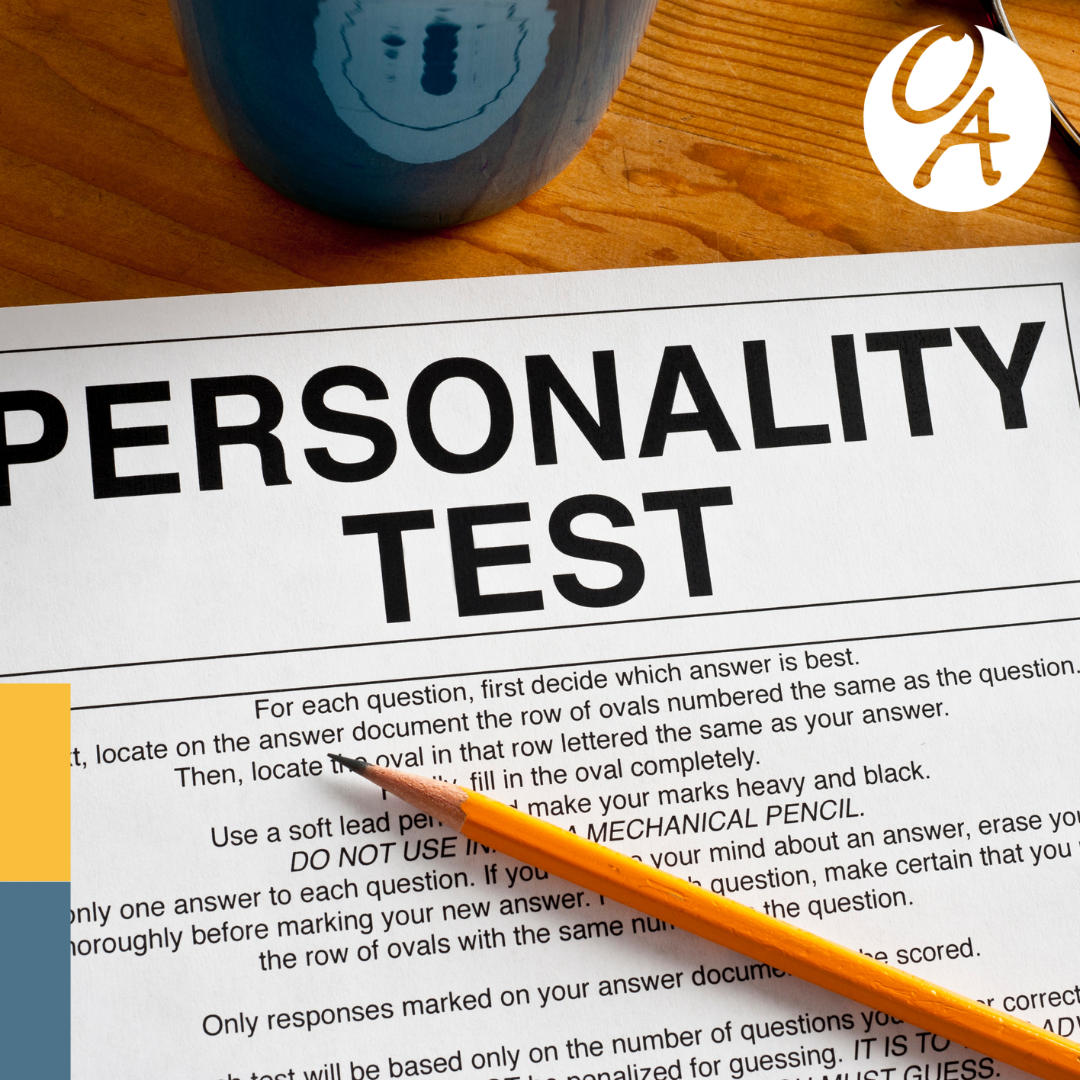 Personality tests have become a popular tool in hiring, offering insights into how candidates may behave, collaborate, or lead. Employers use these tests to assess traits such as emotional stability, leadership potential, and teamwork. However, despite their widespread use, personality tests can pose significant pitfalls in hiring practices, especially when it comes to their validity, potential legal risks, and the risk of disability discrimination.
Personality tests have become a popular tool in hiring, offering insights into how candidates may behave, collaborate, or lead. Employers use these tests to assess traits such as emotional stability, leadership potential, and teamwork. However, despite their widespread use, personality tests can pose significant pitfalls in hiring practices, especially when it comes to their validity, potential legal risks, and the risk of disability discrimination.
Lack of validity: Are personality tests predicting job performance?
One of the most pressing issues with personality testing in hiring is the lack of validity. While certain personality tests, like the Big Five Personality Test, are more scientifically grounded, many commonly used tests lack strong empirical evidence that they accurately predict job performance. For example, the Myers-Briggs Type Indicator [MBTI], one of the most popular tests, has been criticized for its low test-retest reliability and its inability to consistently predict how someone will perform in the workplace. Studies show that people often receive different personality type results each time they take the MBTI, calling into question the test's reliability.
Moreover, personality tests often measure traits like introversion or emotional stability, but these traits do not necessarily correlate with job success across different roles. A high score in emotional stability, for instance, may not directly correlate with high performance in a creative role, yet an individual could be excluded based on this score. This highlights a key problem: oversimplification. People are multi-faceted, and personality tests often reduce this complexity into rigid categories, leading to hiring decisions based on incomplete information.
Legal issues: Risks of misuse and liability
The use of personality tests in hiring also brings significant legal risks. Employers must be mindful of how these tests are administered and how the results are used in decision-making, as improper use can lead to discrimination claims and potential lawsuits. Personality tests that are not properly validated for job performance may disproportionately screen out candidates from protected groups under laws such as the Civil Rights Act and Americans with Disabilities Act [ADA]. If a test unfairly impacts people based on gender, race, or disability status, it could expose employers to claims of adverse impact discrimination.
Additionally, tests that assess traits closely related to mental health—such as emotional stability or stress tolerance—could tread into dangerous legal territory. If a test indirectly reveals a mental health condition or disability and the candidate is not selected for the role, the employer could be vulnerable to legal action under the ADA. This underscores the importance of ensuring that any personality test used in hiring is closely linked to job performance and not indirectly assessing medical conditions or disabilities.
Employers should also check on state or local laws. While there are still relatively few to be concerned about, Massachusetts has a law that prohibits any written test designed to determine an applicant's integrity. New York City delayed enforcement of a separate law until this month that bans the use of automated employment decision tools to screen out candidates.
Disability discrimination: A hidden risk
Perhaps the most concerning issue with personality tests is their potential for disability discrimination. Some tests may inadvertently assess characteristics linked to mental health or neurodiversity, such as neuroticism or introversion. High scores on neuroticism, for example, might suggest that a candidate is prone to anxiety or stress, but these characteristics could be linked to a mental health condition that is protected under the ADA. By screening out candidates based on these scores, employers risk excluding people with mental health challenges or neurodivergent individuals who are capable of performing the job.
Personality tests can also disproportionately affect neurodiverse candidates, who may respond differently to test questions due to their unique cognitive patterns. A candidate with autism, for example, may score lower on measures of sociability, yet may excel in roles that require deep focus and analytical thinking. By relying on rigid personality measures, employers may inadvertently exclude valuable talent from their workforce, missing out on diverse perspectives and skills that contribute to innovation and productivity.
While personality tests can provide valuable insights into how candidates might behave or fit into a company’s culture, they come with significant pitfalls. The lack of validity in predicting job performance, combined with potential legal risks and the dangers of disability discrimination, make it clear that personality tests should be assessed closely before using in the hiring process. Employers must use these tools carefully, ensuring that they are valid, non-discriminatory, and used in conjunction with other assessments to make more well-rounded and legally sound hiring decisions.
Candidate screening and selection decisions should be based on meaningful criteria. If you need assistance with developing talent acquisitions processes and incorporating best practices, contact us to learn more.

